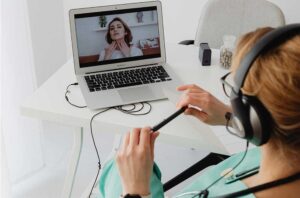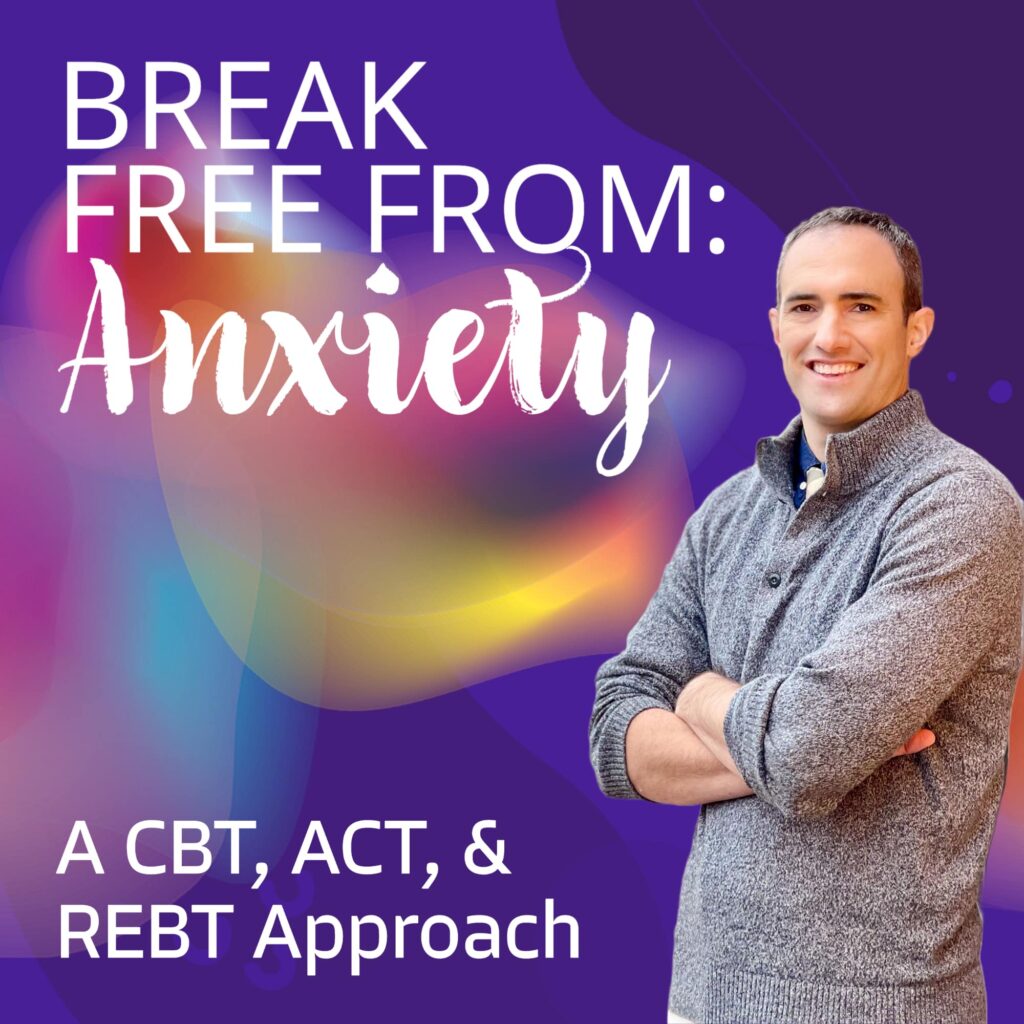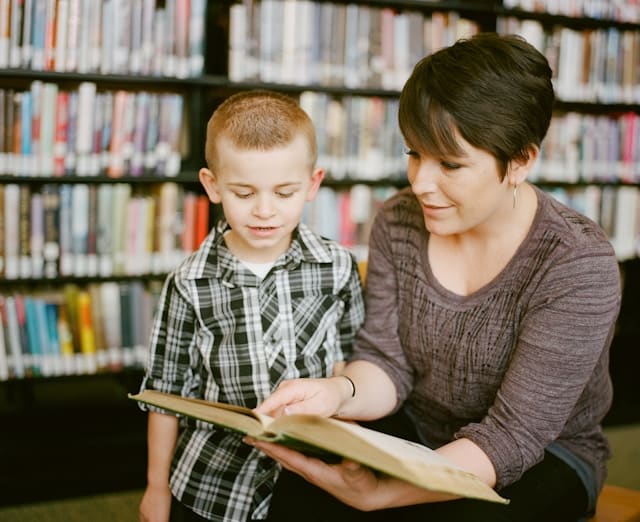Sleep is an important component of everyday health and healing. Adequate sleep is needed for the brain to function properly. The average adult requires between 7 and 9 hours of sleep a night.
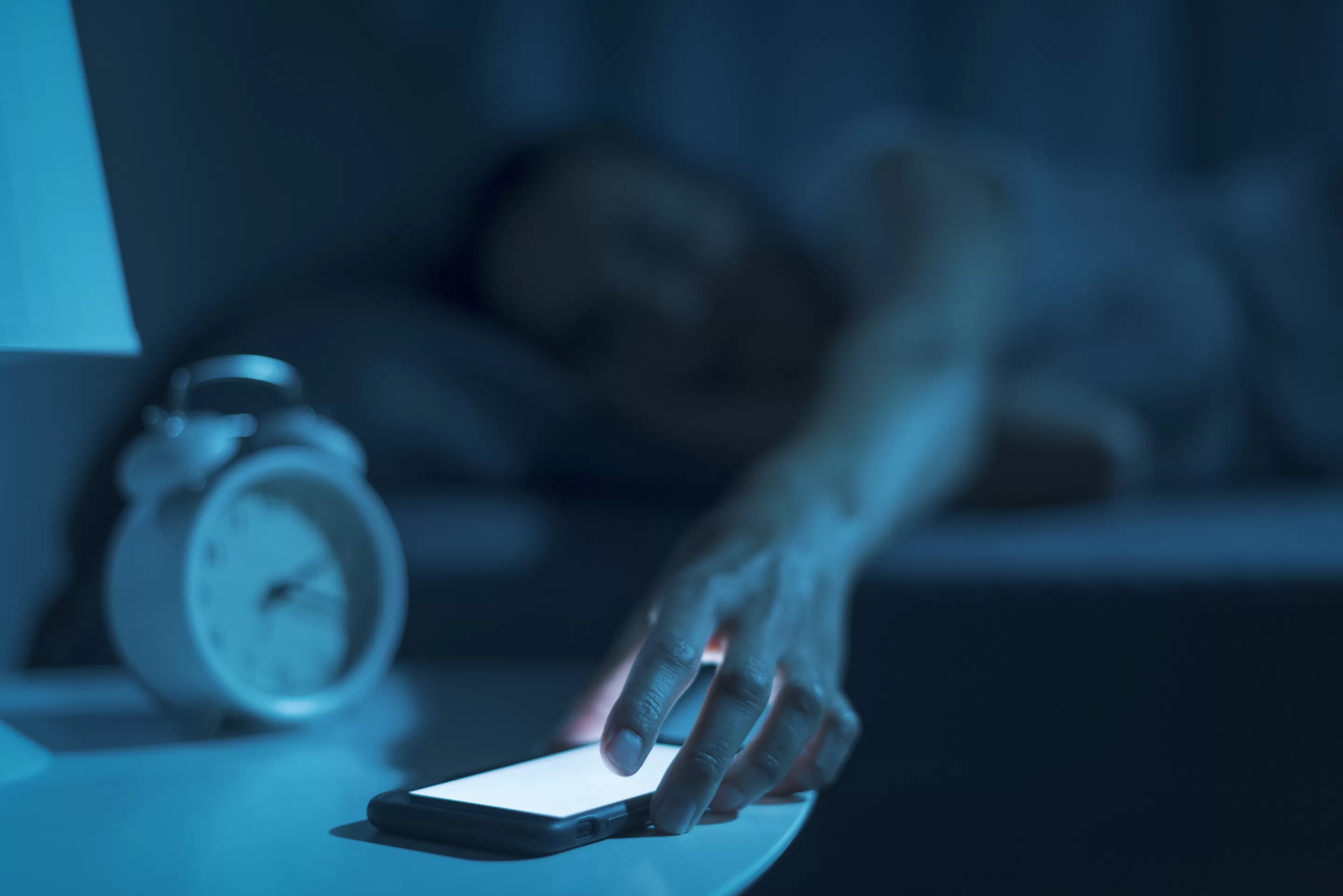
Turning off alarm clock
Chronic Sleep Deprivation may lead to…
- Increased risk of anxiety/depression
- Decreased immune functioning
- Decreased strength
- Concentration/Memory difficulty
- Increased insulin resistance/Type 2 Diabetes
- Weight gain and/or obesity
- Increased Blood Pressure
- Increased perception of pain
- Slowed healing and delays in recovery
- Impaired driving ability
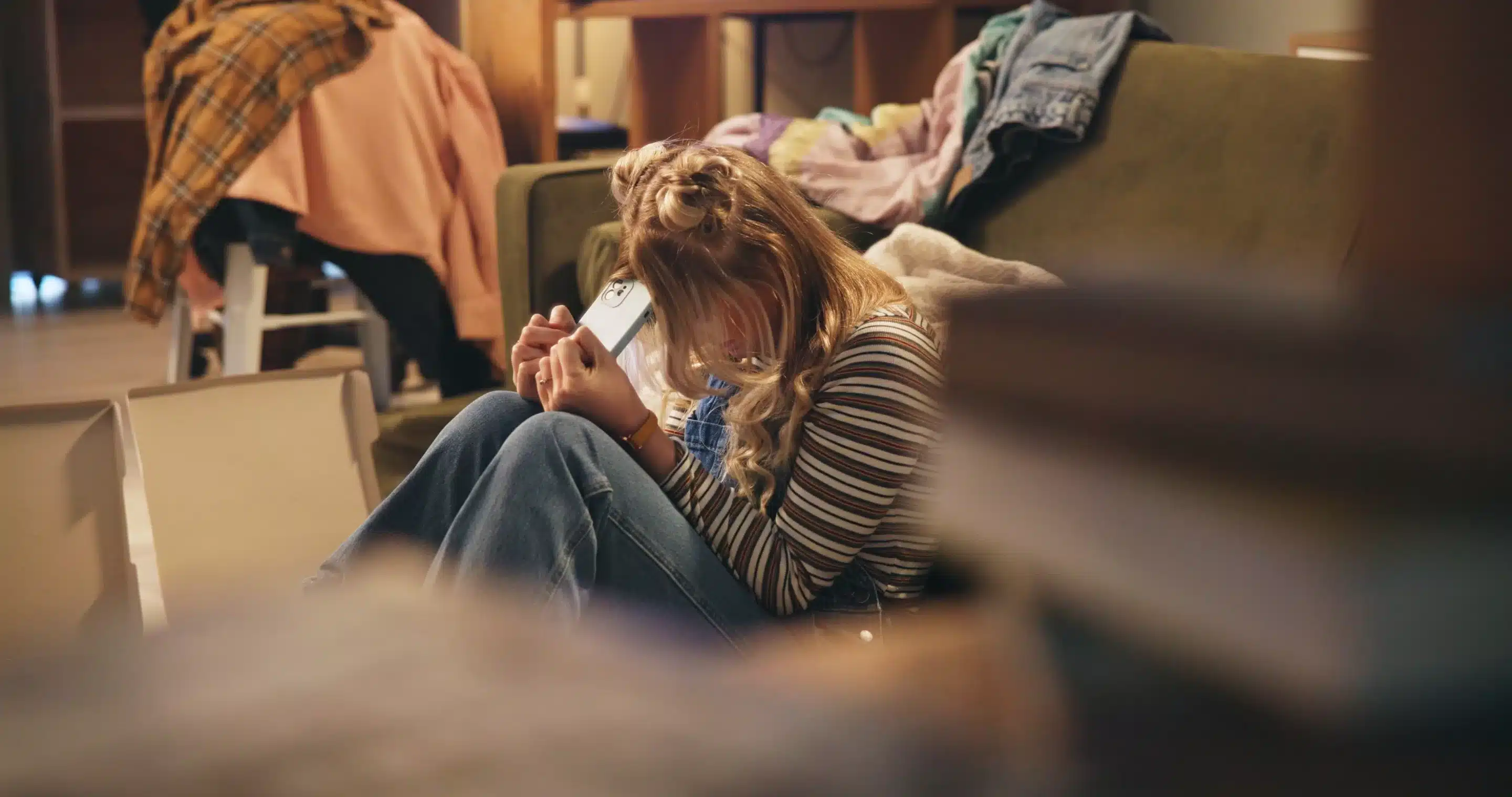

Tips for sleep hygiene throughout the day
Our sleep is regulated by two different biological mechanisms in our body- circadian rhythms and the sleep-wake homeostasis. Our circadian rhythm is also know as our body’s internal clock that makes us feel naturally sleepy at night and awake in the morning. Like a clock- these rhythms cycle approximately every 24 hours. These rhythms are cued by things in our environment such as daylight exposure, temperatures changes, and the actual time of day. This sis also why it can be more difficult for people working overnights to sleep during the day despite feelings of physical exhaustion.

Tip: Find your recommended bedtime according to the American Academy of Sleep Medicine

Similarly, the sleep-wake homeostatic mechanism also serves to guide our sleep-wake cycle. However, unlike the circadian rhythm, the homeostatic mechanism works more like our body’s battery. Like a battery it senses how long our body has been awake and becomes drained if not recharged with sleep. This accounts for the intensity of our sleep and is why we sleep more deeply after significant energy use/time spent awake.
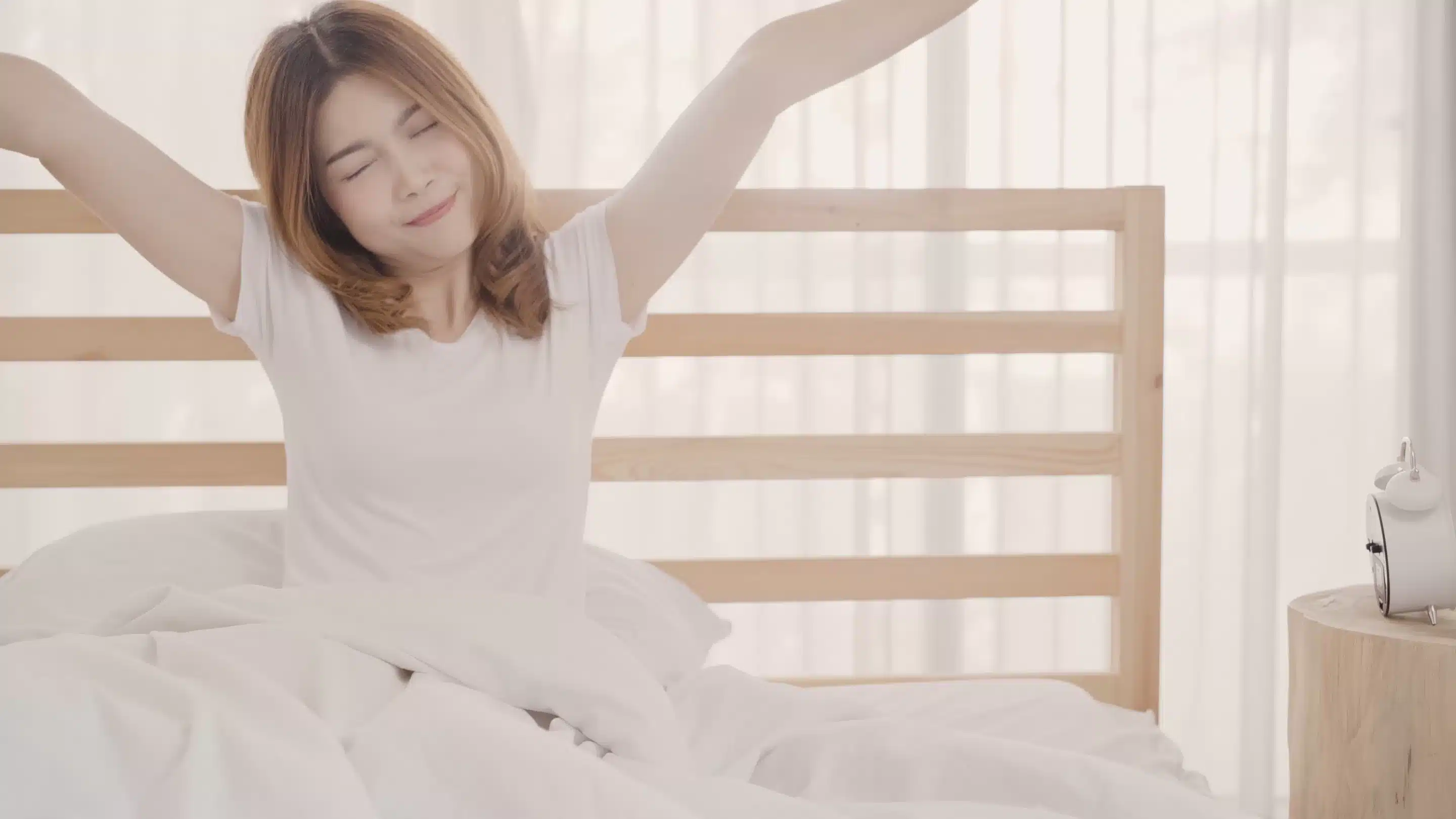
TIP: If unable to fall asleep after 20 minutes, it is helpful to get out of bed and do a relaxing activity for a few minutes. Lying awake in bed creates an unhealthy pattern of association between a sleeping environment and wakefulness.

Even with our circadian rhythm and natural homeostatic mechanisms there are many factors that can worsen sleep quality. Factors may include things such as: other medical problems like sleep apnea or incontinence, mental health symptoms, stress, medications, and environmental influences.
Lucky for us we have a variety of ways behavioral methods that are often more effective than taking a pill to get better sleep. This collection of lifestyle changes and behavioral habits is also know as “sleep hygiene”. See the below sleep hygiene techniques you can use throughout the day!
To Learn More:
ASAM Sleep Education: Healthy Sleep
ASAM Sleep Education: Improving your Sleep
References
American Academy of Sleep Medicine (AASM). (2021) Sleep education: Patients. Retrieved from: https://sleepeducation.org/patients/
Horne, J. (2014, July). Sleep hygiene: exercise and other ‘do’s and don’ts’. Sleep Medicine. pp. 731-732. doi:10.1016/j.sleep.2014.03.005.
National Sleep Foundation (2021). Sleep hygiene: What it is, why it matters, and how to revamp your habits to get better nightly sleep. Retrieved from: https://www.sleepfoundation.org/sleep-topics
Tamrat, R., Huynh-Le, M., & Goyal, M. (2014). Non-pharmacologic interventions to improve the sleep of hospitalized patients: A systematic review. Journal of General Internal Medicine, 29(5), 788-795. doi:10.1007/s11606-013-2640-9





